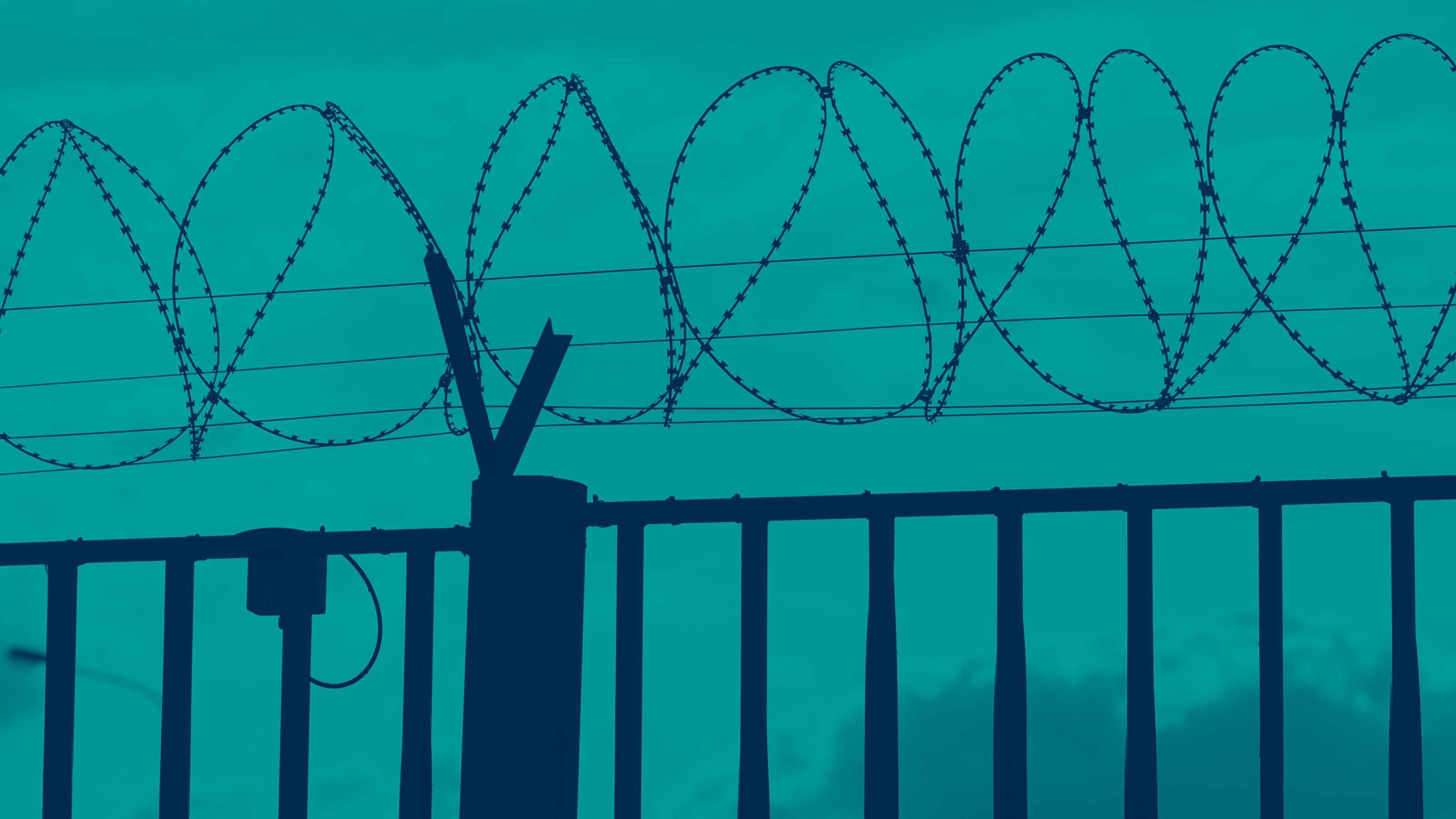Registration
You will receive an email confirming your registration.
The Security Studies Seminar is a monthly seminar series that aims to comprehensively discuss a new piece of academic research on matters pertaining to Indian and international security, with the author.
Historically, ground forces have been the centerpiece of Indian military action. Despite India’s changing strategic imperatives in the past two decades, the Indian military continues to emphasize conventional ground forces in its budgets, acquisitions, and doctrine. This has left India increasingly underprepared for modern joint warfare and undermines its regional military influence.
Carnegie India hosted Arzan Tarapore, a nonresident fellow at the National Bureau of Asian Research and an adjunct defense analyst at the RAND Corporation, as he examined the role of ground forces in India’s warfighting experience, and assessed their utility for addressing current and future security challenges. The discussion was moderated by Srinath Raghavan, senior fellow at Carnegie India.
DISCUSSION HIGHLIGHTS
- History of the Indian Military: Participants highlighted the historical biases present in the Indian military. They noted that, post-independence, India has been faced with powerful and hostile neighbors along its northern land borders. This has given rise to an untenable bias in favor of the army. Some participants argued that there has been a change in the strategic environment in India and around the world, with a gradual shift in focus toward securing maritime borders. Other participants, however, explained that, despite its increasing focus on maritime issues, India remains a continental power dominated by ground forces.
- The Evolving Strategic Environment: Participants identified three major strategic changes that have upturned India’s security environment: the nuclearization of South Asia, the rapid modernization of the Chinese military, and the revolution in military technology. First, participants noted that the open declaration of nuclear weapons by India and Pakistan in 1998 transformed India’s security policy. Second, they highlighted that China has been investing in modernizing its military, especially its navy. Participants underscored that the Indian military should be conscious of the increasing Chinese presence in the Indian Ocean, as well as, China’s growing defense expenditure.The third change, the participants explained, was the advent of new military technology, including information-based technologies such as the Command, Control, Communications, Computer, Intelligence, Surveillance, and Reconnaissance (C4ISR). There is an urgent need for India to adopt these new technologies, they stated.
- Shift from Ground-centric Capabilities: Participants emphasized the importance of shifting away from India’s ground-centric capabilities. They also highlighted the high costs associated with expanding, or even maintaining, ground forces. For a growing economy with limited resources, the cost-imposition associated with increasing India’s military budget has been the topic of various debates, they argued.
- Recommendations for the Indian Army: Participants noted that India is in a precarious situation, being one of the few nations with nuclear-armed neighbors. A few participants stated that, as conventional understandings of war are changing, there is also a need to consider alternate theories of victory—based more on strategies of denial (wherever possible), rather than punishment. This, they said, would make the Indian army more effective. Participants also agreed on the need for a joint force. With the introduction of new theaters of conflict—such as cyber and space—it is important for the Indian military to develop new niche capabilities, and create an integrated system to address these new domains. They concurred that this would greatly benefit the Indian military going forward.
This event summary was prepared by Rhea Menon, a senior communications coordinator and research assistant at Carnegie India.
